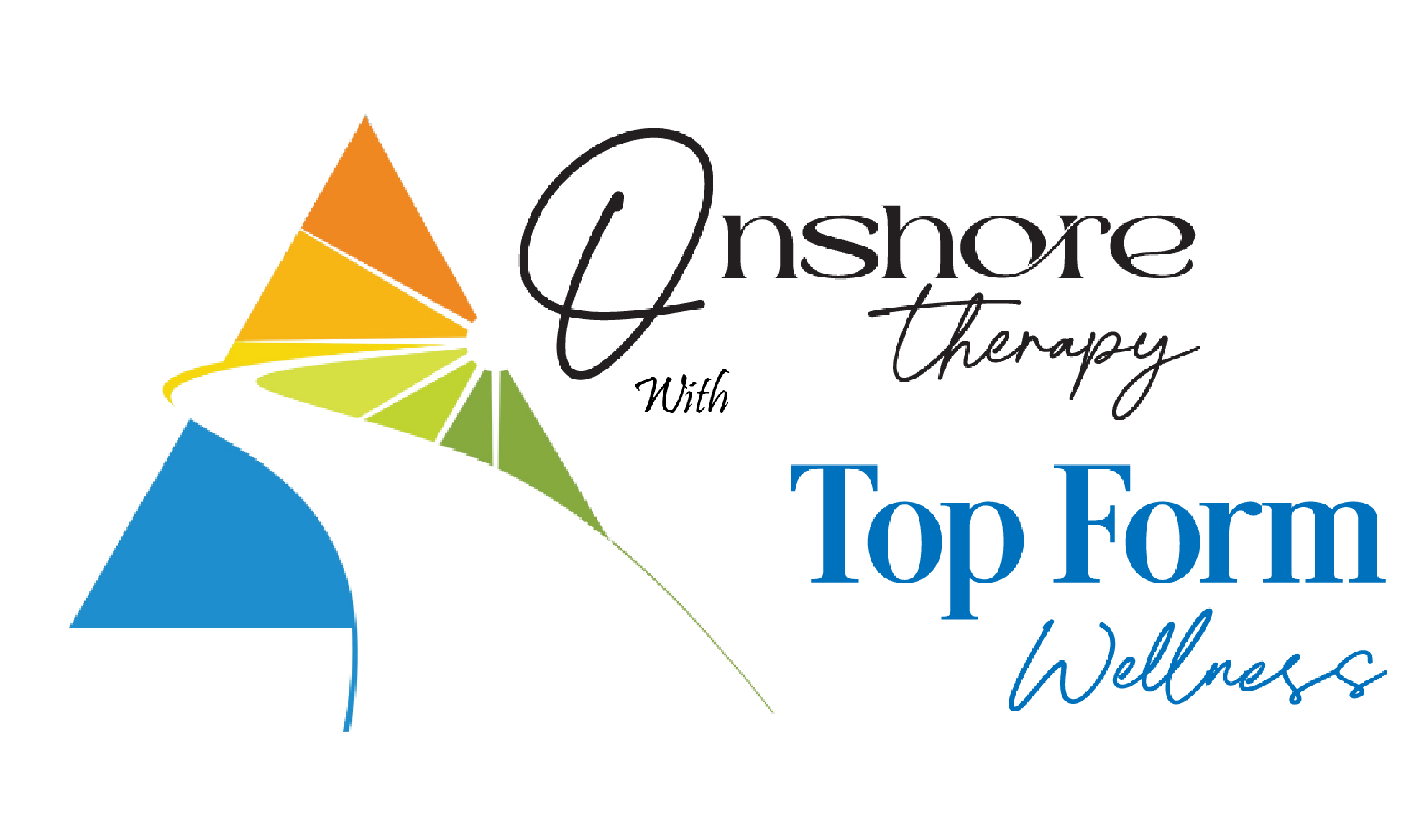Physical therapy helps people recover from traumatic injuries and conditions, allowing them to live a healthy and more active lifestyle. However, some people experience slight pain after their therapy session, making them hesitant to attend future treatments. That’s why Onshore Therapy constructed a guide to help you better understand physical therapy and why it’s normal to experience slight discomfort after completing a therapy session.
Onshore Therapy is a trusted physical therapy center dedicated to helping people overcome chronic and debilitating pain. We specialize in constructing effective physical therapy treatments that improve our patients’ quality of life. Our team has helped countless patients recuperate from their physical ailments and injuries, and we can do the same for you at a price you can afford.
What is Physical Therapy?
Physical therapy is a specialized practice that helps people eradicate pain due to injuries, pre-existing conditions, and other physical ailments. It provides numerous health benefits, including, but not limited to:
● Improved flexibility and mobility
● Enhanced balance
● Future injury prevention
● Stroke rehabilitation
● Childbirth recovery
● Improved posture
● Pain relief
● Injury recovery
Physical therapists undergo extensive training and must pass rigorous tests to become licensed in the physical therapy field. Their training allows them to develop personalized treatment plans specifically designed for their patients’ unique injuries or ailments. They work with you to find the root cause of your pain and the best recovery regimen to improve your quality of life.
Does Physical Therapy Worsen Existing Pain?
Many people believe physical therapy will elevate their pre-existing pain. However, this is not the case.
Although it’s common for people to experience slight discomfort after completing a physical therapy session, it shouldn’t feel overbearing. Physical therapists often develop exercises and workout routines such as running or elliptical usage to increase your range of motion and strengthen an area affected by an injury or ailment. They construct your treatment regimen by examining your injury, medical history, and physical limitations.
For example, if you suffer from a spinal cord injury, your physical therapist will assign various stretches and motions to aid recovery. You will likely feel slight discomfort or pain while performing the assigned exercises, but it will diminish over time.
Think of physical therapy pain like soreness after a strenuous workout. Although your muscles feel sore after lifting weights, it’s a necessary discomfort that is exceedingly beneficial to your overall health. As you continue physical therapy, the pain begins subsiding, allowing you to heal from your injury over time.
What To Do After Experiencing Pain During a Physical Therapy Session
Although physical therapy treatments often teeter the line between pain and discomfort, they shouldn’t cross your personal pain threshold. The physical therapist will closely monitor your pain limitations during the session and won’t push you past your abilities.
Physical therapists often call recovery discomfort “good pain” since it benefits rehabilitation. As you grow stronger, the pain will diminish and eventually vanish entirely.
If you experience moderate to severe pain during your sessions or while performing the assigned exercises, you must tell your physical therapist immediately. They will modify your treatment to better suit your physical abilities. You must communicate with your doctor and alert them whenever you feel like an exercise surpasses your personal limitations.
However, you must push your body as much as possible to overcome your ailment or injuries efficiently. It’s crucial to put forth your best effort and overcome “good pain” to recover and grow stronger. Although dealing with discomfort isn’t easy, it’s a necessary evil that will pay off in the long run.
Contact (305) 852-8600 for First-Class Physical Therapy and Related Services
If you suffer from chronic pain due to a physical injury, ailment, or condition, contact Onshore Therapy for physical therapy and related services. Our team has vast rehabilitation experience and can help you overcome your condition while providing outstanding customer service every step of the way. We will help you recover swiftly and efficiently so you can live a more fulfilling and active life.
Whether you need running therapy, physical therapy, or just want to learn more about sports medicine, Onshore Therapy team is here for you.
If you want to take back your life from chronic pain, contact Onshore Therapy at (305) 852-8600 and see what our experienced physical therapists can do for you today!

